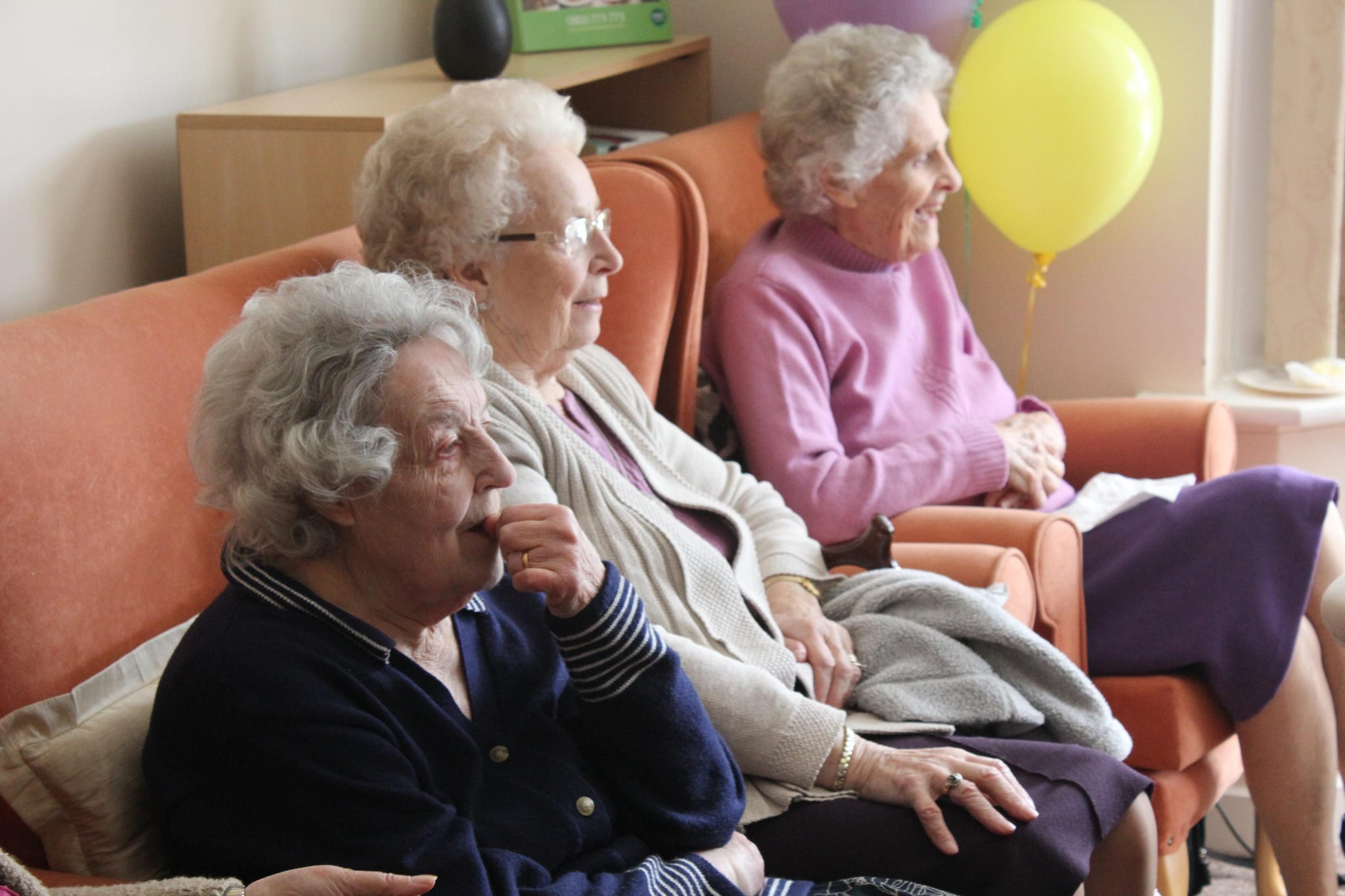Rethinking Dementia: Rising Rates Spark National Summit in Grand Rapids
Julie Bitely
| 3 min read

In the next 35 years, the number of people with Alzheimer’s disease is expected to triple. Grappling with the impact will be no small feat, considering the strain it will place on the healthcare system and caregivers. A national summit held last week in Grand Rapids invited participants to envision a dementia-friendly community and discuss what it would take to move West Michigan in that direction. National numbers from the Alzheimer’s Association are eye-opening:
- Today, 5.3 million Americans are living with Alzheimer’s disease, including an estimated 200,000 under the age of 65. By 2050, up to 16 million will have the disease.
- Nearly two-thirds of those with Alzheimer’s disease – 3.2 million – are women.
- Within the next 10 years, 19 states will see a 40 percent or greater growth in the number of people with Alzheimer’s.
- Someone in the United States develops Alzheimer’s every 67 seconds. In 2050, someone in the United States will develop the disease every 33 seconds.
Grand Rapids Mayor George Heartwell welcomed attendees to the summit and shared his family’s personal experiences caring for his mother, who is a resident at Clark Retirement Community’s dementia care unit. “For family members confronting dementia, it is a new and terrifying experience,” Heartwell said. If not for his mother, Heartwell said he likely wouldn’t be as aware of some of the challenges involved with caring for someone with dementia. He wants to see Grand Rapids and the region develop a forward-thinking plan to address the rising wave of the disease. “It is important that we create sustainable communities to ensure that in the future nobody gets left behind and everybody is treated with respect and dignity,” he said. Dan Kuhn, Licensed Clinical Social Worker and Vice President of All Trust Home Care, called the problem of dementia the “public health crisis of our time.” He said physicians are underprepared to deal with the onslaught and that dementia care needs to be a core element of medical school curriculum. Kuhn and other panelists Dawn Mondschein, an Administrator at Central Baptist Village in Norridge, Illinois, and Jed Levine, Executive Vice President & Director of Programs and Services for the Alzheimer’s Association, all agreed that patient care needs to be at the forefront of any efforts to make strides toward a dementia-friendly community. “I believe that quality of life is possible if we have the right quality of care,” Kuhn said. Blue Cross Blue Shield of Michigan was one of many sponsors of the daylong summit. Find out more about the initiative at rethinkingdementiami.com. If you liked this post, you might also enjoy:
- Dehydration: A Danger Facing All Older Americans
- The Keys to Living Beyond 90
- Who's Caring for the Caregivers?
Photo credit: Bromford





